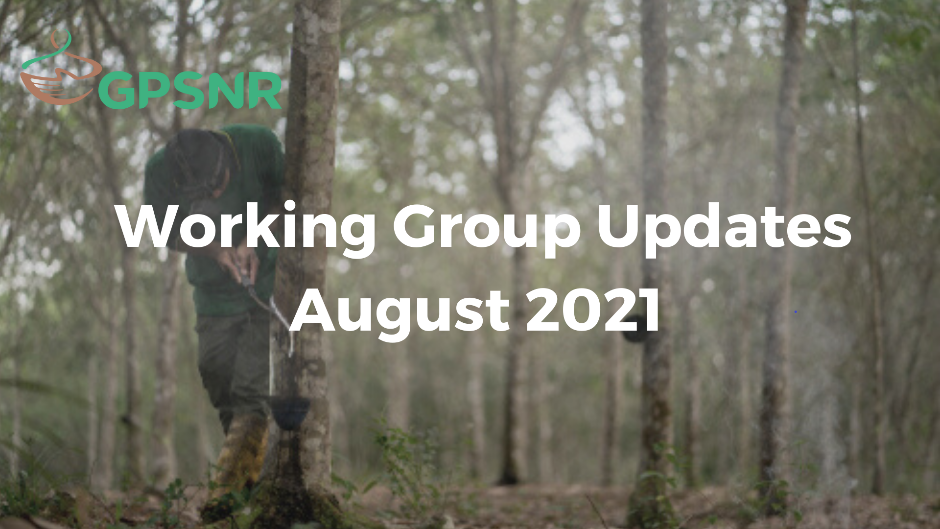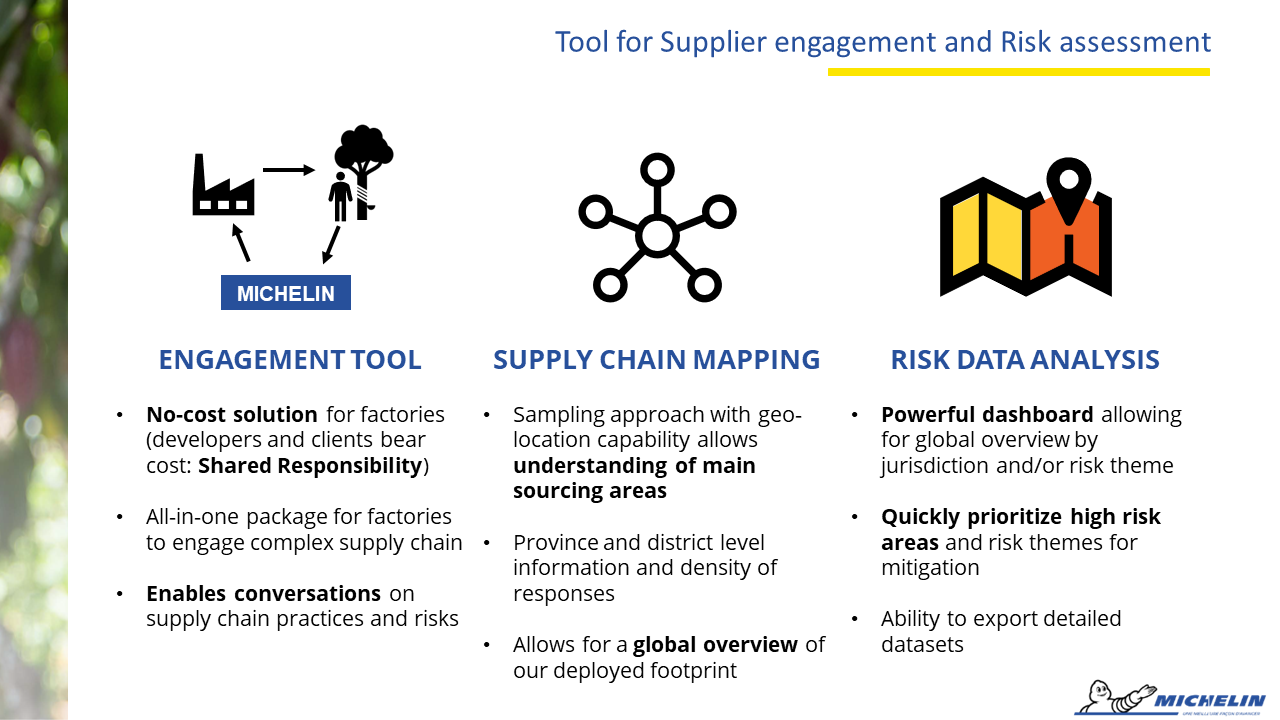It’s been a month of progress! Here are the updates from each working group:
Strategy and Objectives Working Group
While the working group did not meet this month, they are focussed on finalising the Theory of Change and organising a workshop for the same in September. The group will also continue to work on refining the platform’s external partnerships approval process.
Smallholder Representation Working Group
After a successful onboarding workshop for Indonesian smallholders, the group is welcoming new smallholder members at GPSNR. They are also planning similar workshops for smallholders in Srilanka and Cambodia in September. Workshops in India, Liberia, Cote d’Ivoire and Ghana are also being kept in view and will be scheduled as soon as the COVID-19 situation allows.
At the same time, the smallholders will meet to discuss GPSNR’s agroforestry position next month (in tandem with the Capacity Building Working Group).
Policy Toolbox Working Group
This working group has received draft documents from consultants on three significant aspects of the GPSNR assurance model: the Implementation Guidance, the Reporting Requirements and the Compliance Panel Guidance.
They are currently focussed on finalising the reporting requirements. For this, they need members to send in their feedback by 30th August. If you haven’t yet done so, please take a look at the form here. This will make it possible for us to vote on the Reporting Requirements by the General Assembly in December 2021.
The group is also busy revising and finalising the Implementation Guidance, which will be voted on at the General Assembly in early 2021.
Capacity Building Working Group
The group has completed an initial review of documents on agroforestry, and will now initiate a task force to develop a position on agroforestry. If you are interested in being part of the task force, please contact Aidan and Si Yuan at aidan@gpsnr.org and yeo.siyuan@gpsnr.org respectively.
They are also starting a national capacity building subgroup in Thailand after Michelin pledged funding for key projects in the country. Should you be interested in joining this subgroup, you can also write to Aidan and Si Yuan!
Traceability and Transparency Working Group
This working group is currently finalising the definition and acceptable levels of traceability for GPSNR and developing data collection and reporting standards together with the Policy Toolbox working group.
Shared Responsibility Working Group
As a step forward on the discussion about the long term financial model, the group has discussed the preliminary concept of a rubber trust fund. It is now seeking inputs to refine and further develop the foundations of thel model.







